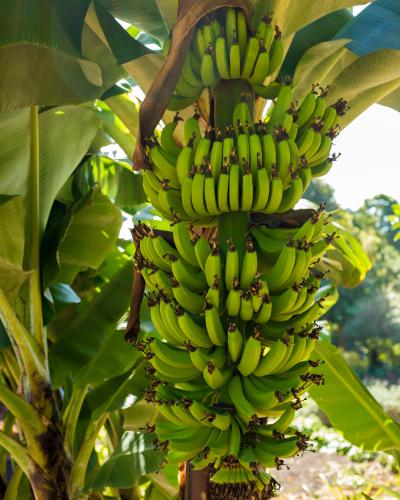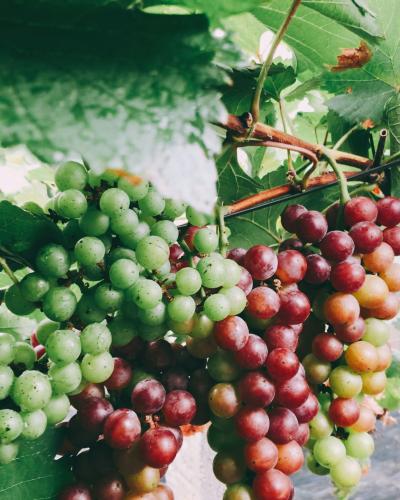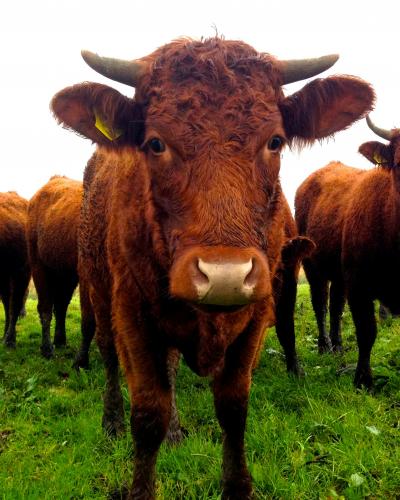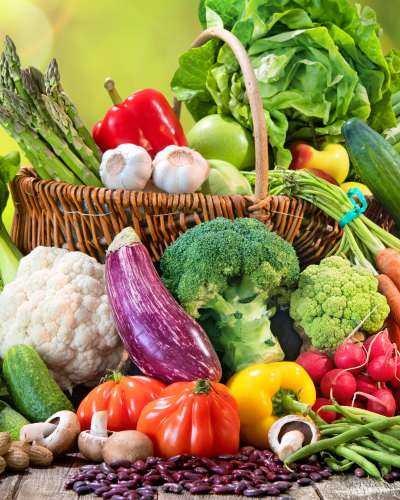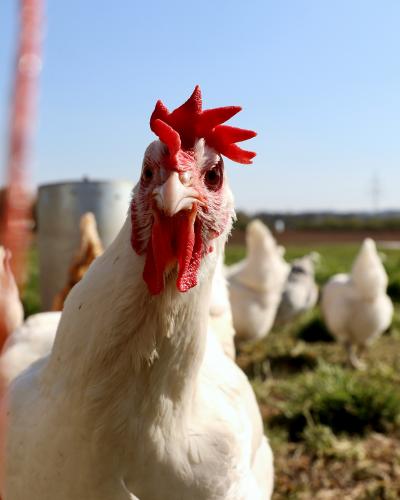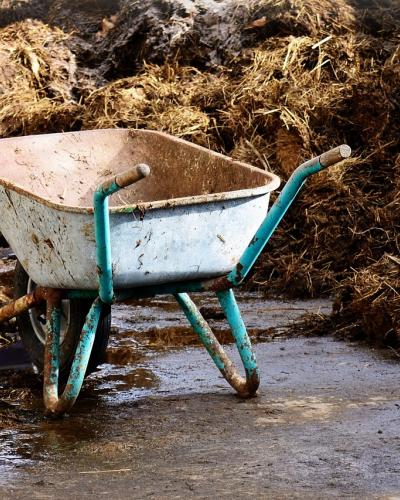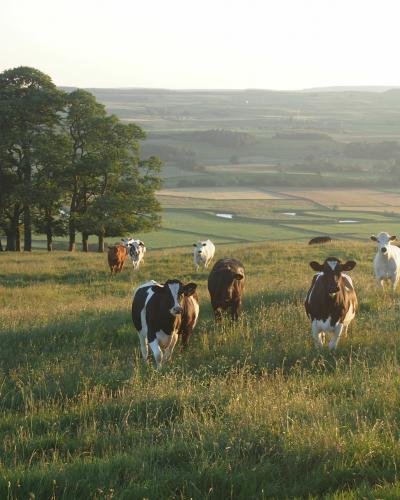Though herbicides like glyphosate are widely used in the conventional production of bananas, their long-term impacts on soil...
Jul 23, 2025
A new study from Guanajuato, Mexico published in the journal Agriculture found that grapes grown under organic management...
Jul 16, 2025
A 2025 study published in Environmental Health provides some of the strongest evidence to date that glyphosate and glyphosate-based herbicides (GBHs) pose a significant cancer risk. The research...
May 29, 2025
An extensive review of research published in Environmental Health supports the growing evidence that synthetic food dyes,...
Apr 04, 2025
A recent study from China found that organically grown strawberries are sweeter, more aromatic and preferred by consumers...
Dec 17, 2024
The widespread use of hormonal growth promotants (HGPs) in the U.S. beef industry raises critical questions about food safety and consumer health. HGPs, which include both natural and synthetic...
Dec 09, 2024
A new study published in the journal Foods makes a call for better food labeling that includes measures of nutrient density and the impacts of processing. Authors suggest that improved labeling...
Oct 30, 2024
The Benefits of Organic Meat are multifaceted; from promoting environmental protection and reducing exposure to harmful pesticides, to prioritizing animal health and producing healthier food. A...
Nov 06, 2023
Organic farming practices regulated by the USDA successfully limit soil risk to colonization by pathogenic bacteria, according to a recent American study published in the journal Frontiers in...
Oct 18, 2021
Using biological soil amendments in organic farming is the most effective way to store carbon in the ground to fight climate change and boost soil health for better food production. And since...

